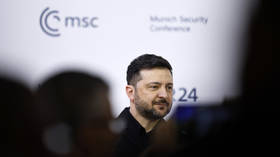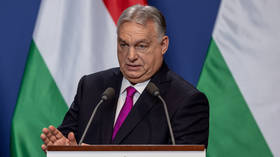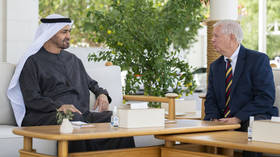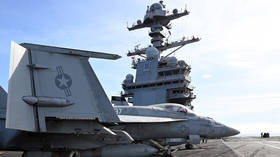‘Iraqi scenario repeating in Libya’
Involvement by Western intelligence services has turned Libya into a terrorist playground, the way Iraq has become after the US invasion, geopolitical analyst Patrick Henningsen told RT.
A car bomb has exploded in a crowded area outside a hospital in
Libya's second largest city, Benghazi, with the blast claiming at
least 15 lives.
Henningsen, from the 21st Century Wire website, believes that US
strategy for the Middle East region is the main reason behind the
disintegration of the countries there. When asked about Syria, he
says one only has to look at Libya and Iraq to picture what would
happen in the event of Bashar Assad’s fall.
RT: There have been a string of attacks in Libya over the
past month - Is there anything the government there can do to
improve the security situation?
Patrick Henningsen: It looks very similar to the situation
we’ve grown used to seeing in Iraq what we’re seeing now in Libya.
Just by the nature of this car bombing where there’s a crowded
hospital area designed to create the most casualties and also
attacks on police stations. There’s a sort of strategy of
instability that we’ve seen in Iraq over the years. So, looking at
Iraq how long the stability took to achieve there and it’s not safe
there a decade onwards. I think we’re looking at the same situation
here in Libya.
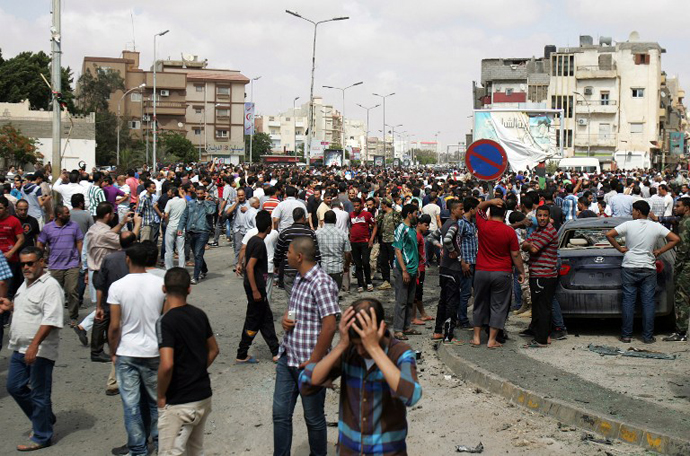
RT: Armed mobs recently surrounded government ministries in Tripoli. Is there a danger that radical groups could seize power by force?
PH: Yes, this is always a danger in Libya. And one of the reasons this is the case is because there’s been a heavy amount of activity by Western intelligence agencies during the battle for Libya and after. And, of course, that culminated with what we saw in Benghazi last fall. The US had tried to eliminate some of the potential leaderships in the anti-temporary Libyan government, which are pro-Gaddafi militias, basically. And that radicalized some of those groups over the last two years. It’s a recipe for chaos in Libya. It’s really sad because Libya has got a huge challenge in order to have some semblance of law, order and government in that country right now.
RT: The attack on the French embassy in Tripoli last month was seen as a reprisal for the French intervention in Mali. Do you think that operation has contributed to instability in Libya?
PH: Yes, that’s also possible. The whole North African region is awash with various Islamist radical groups. And I’m sorry to say that this is a US administration that has allied itself with the Islamists and now they’re having trouble taming the monster that they’ve created. They used the Islamist groups in order to archive victory in Libya. And also they’re doing the exact same strategy in Syria. So, looking into Syria, if you want to have any indication what it might look like if NATO and Washington and London and Paris are successful in toppling the [Bashar] Assad regime – we’ll get what’s happening in Lydia now. Look at the destabilization, Islamist groups splintering, running amok, basically, it’s a terrorist playground right now in Libya. And you’ll see the exact same thing if they topple the Assad government in Syria.
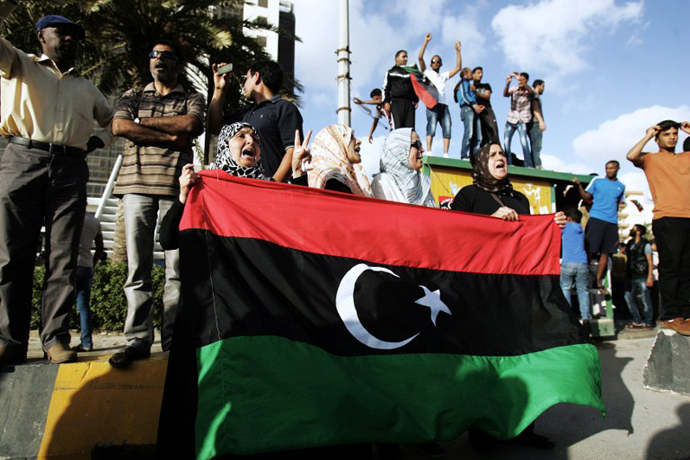
The statements, views and opinions expressed in this column are solely those of the author and do not necessarily represent those of RT.
The statements, views and opinions expressed in this column are solely those of the author and do not necessarily represent those of RT.





